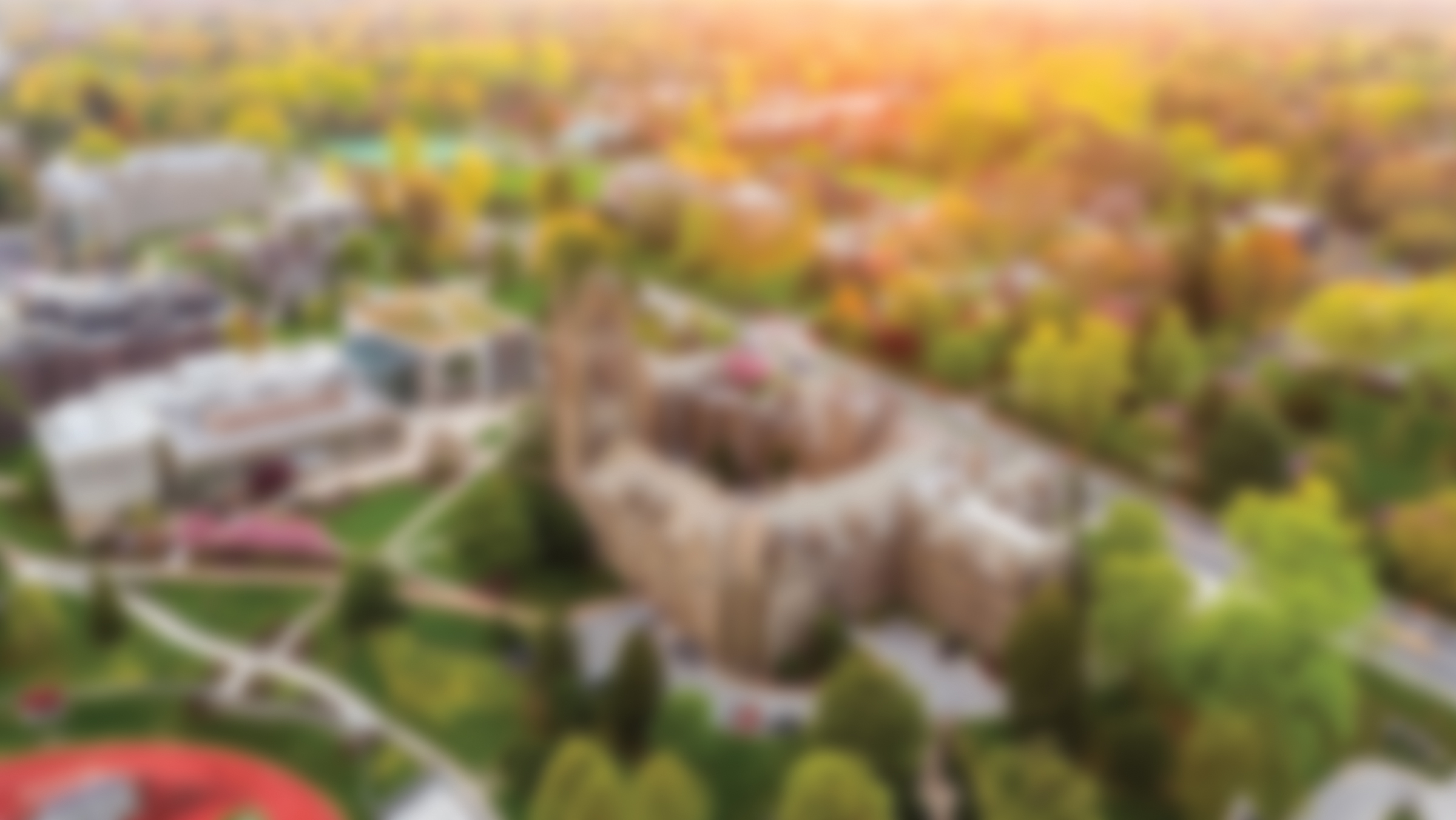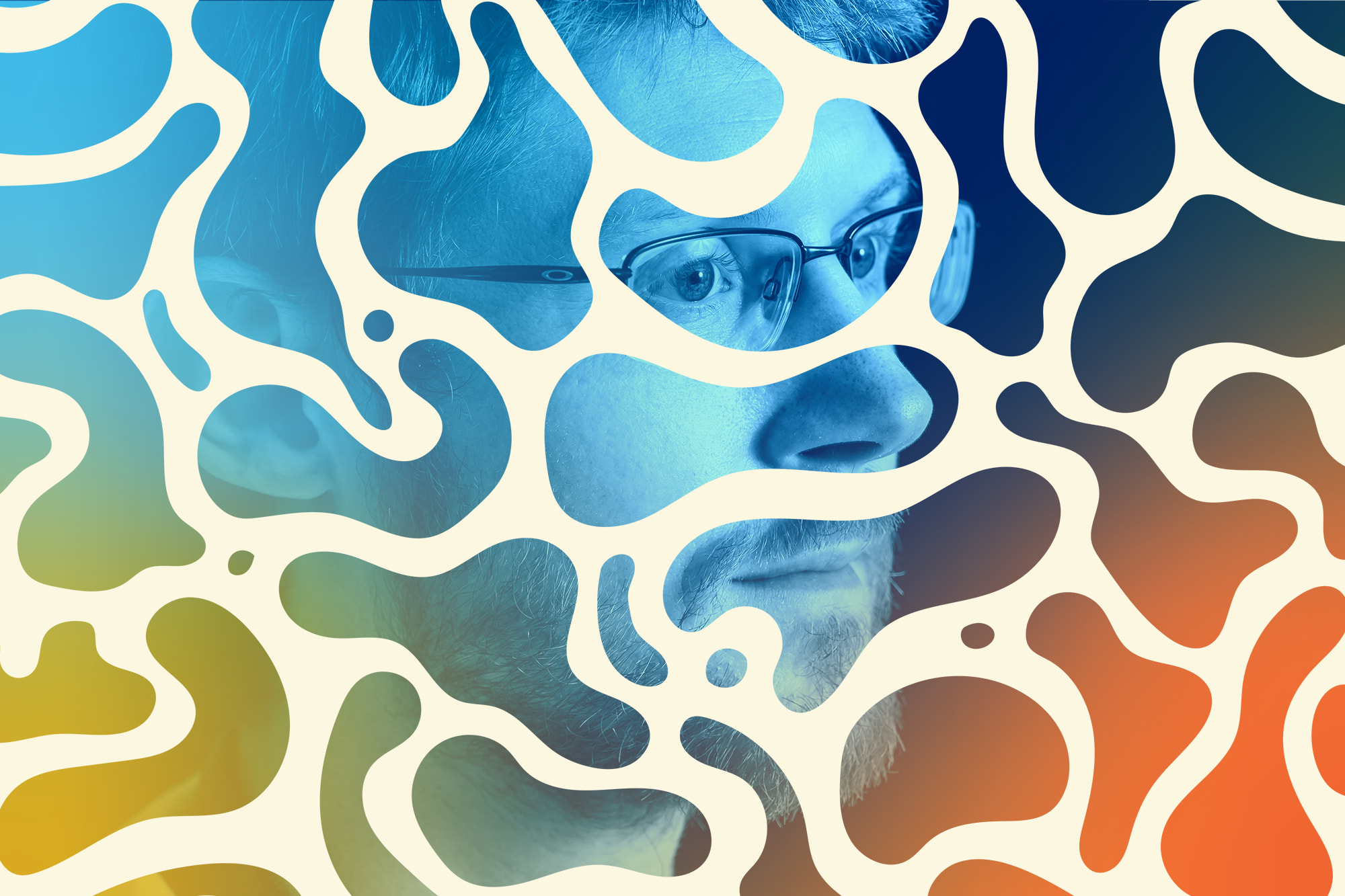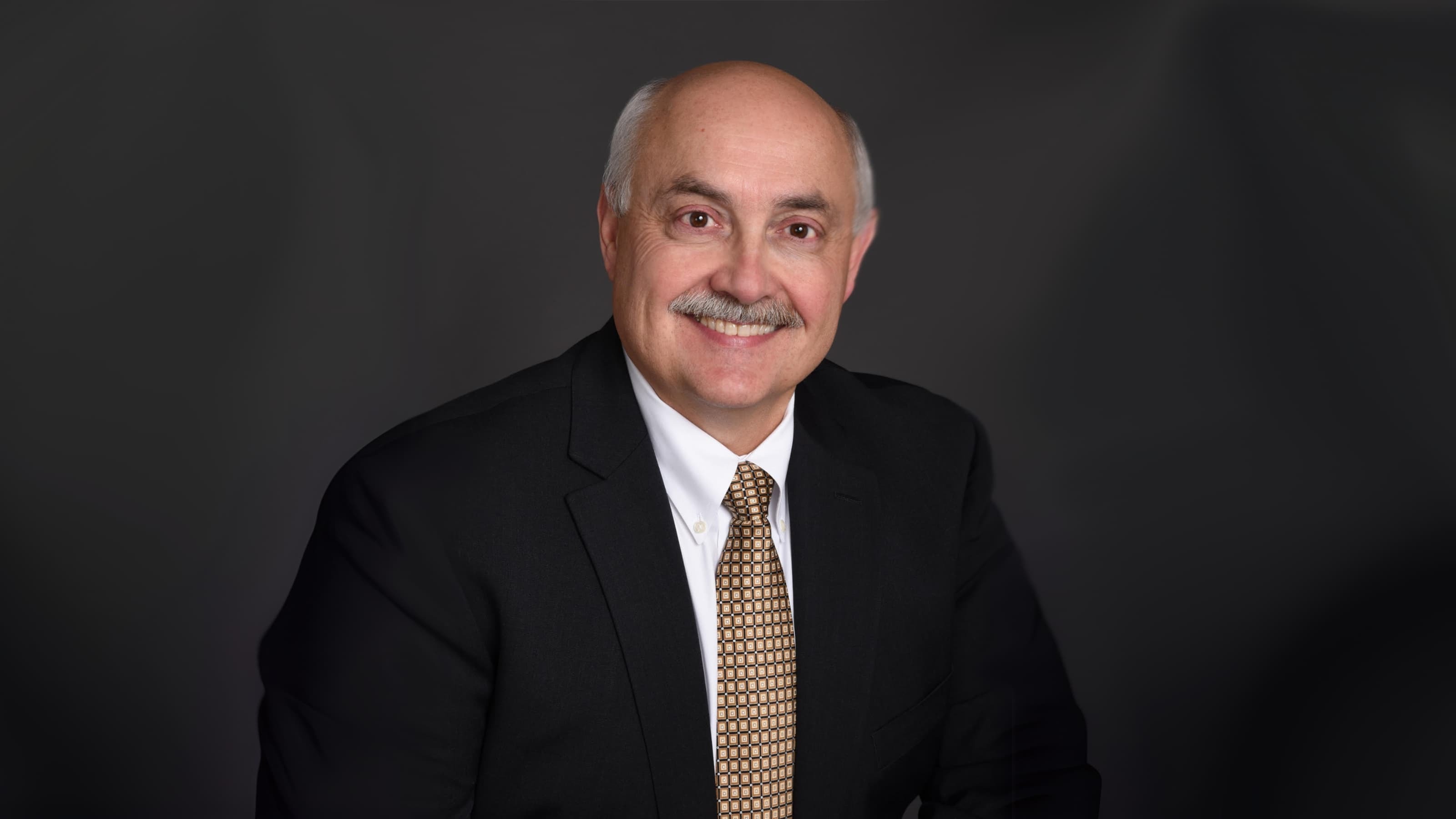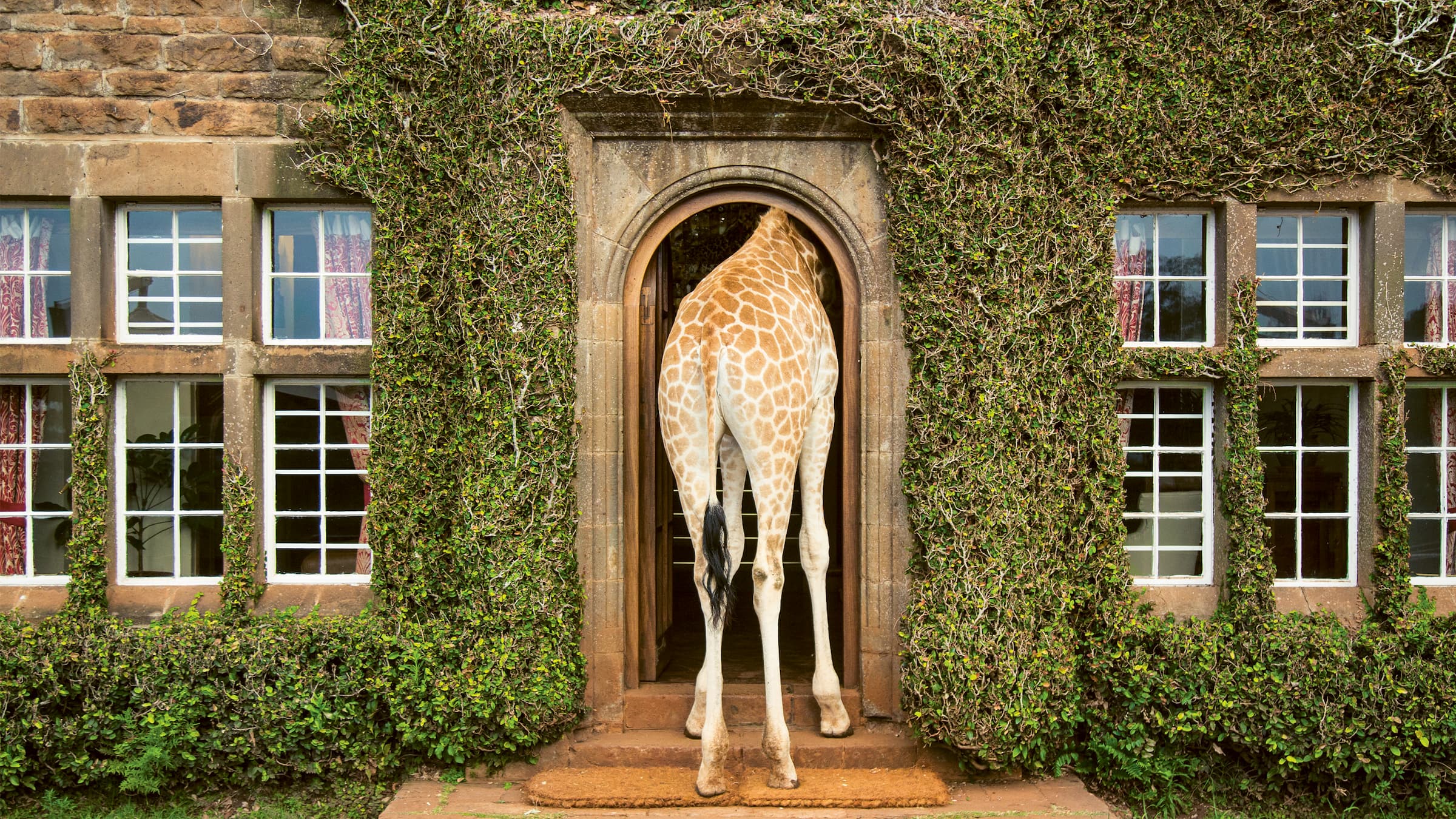From Casinos to Clinicals: Why One Graduate Changed Careers to Give Back to Society
An unexpected layoff prompted Michael J. Jordan, BSN ’24, to leave the world of casino marketing for a career in nursing.
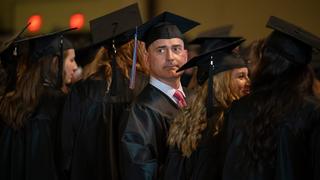 Michael J. Jordan, BSN '24, at the School of Nursing and Allied Health Commencement ceremony.
Michael J. Jordan, BSN '24, at the School of Nursing and Allied Health Commencement ceremony.
After nearly three decades working in the casino industry, Michael J. Jordan, BSN ’24, was laid off when the company he was employed with at the time let all of its executives go. A career in entertainment marketing was all he’d ever known — he started in the industry right out of high school and gradually rose through the ranks to become a director, relocating over the years from Atlantic City to Detroit, Las Vegas to Southern California. With a chance to press pause on his professional life, Jordan took the time to reevaluate his second act.
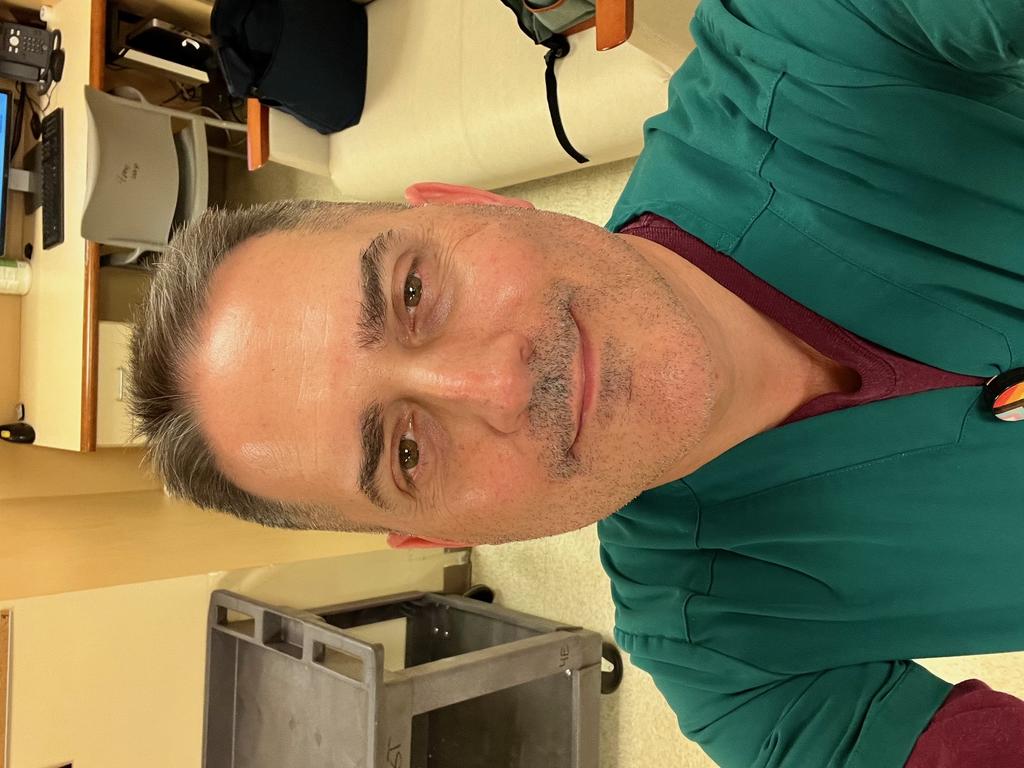
“I had this moment where I thought, ‘maybe this is the kick I need to make a change, to go back to school to get a degree in something that’s meaningful,’” he says. “I decided that nursing was the best way to contribute to society.”
Jordan was 47 at the time. Now at 53, he’s graduated with his Bachelor of Science in Nursing from Saint Joseph’s University in Lancaster. He admits that the transition has been challenging — both from a financial standpoint of leaving a high-paying job and becoming a student, as well as having to learn a brand new field.
“Part of the transition was learning healthcare from the ground up,” he says. “I got my CNA [certified nursing assistant] in San Diego and got a job as a patient care assistant with Pennsylvania Hospital in Philadelphia. I figured the best way to understand nursing was to work with a nurse.”
But Jordan wasn’t completely starting from scratch. The people skills he learned in the casino business — communication, rapport-building, problem solving, positivity — would soon translate to his patients.
“You're trying to be jovial and charismatic and I'm able to do that for each patient when I walk into their room. I'm there to help them and, at the same time, I can listen and treat them like a human, not just as a patient,” he says. “I've always felt that if I can make the patient laugh in what is in some cases their worst moment, then it takes a little bit of that tension off.”
Wendi Manning, DNP ’20, clinical assistant professor of nursing, saw those skills come to life in the classroom and in Jordan’s clinicals.
“Michael's experience in the casino industry has developed a keen awareness for anticipating the needs of others and exemplary customer service,” she reflects. “Accordingly, he anticipates patient care needs and delivers timely and compassionate care attending to patient needs beyond their expectations.”
I had this moment where I thought, ‘maybe this is the kick I need to make a change, to go back to school to get a degree in something that’s meaningful.' I decided that nursing was the best way to contribute to society.
Michael J. Jordan, BSN ’24
Jordan says that the classes he took at Saint Joseph’s gave him a robust understanding of the field, from health and nursing to ethics and law. He was able to put pen to paper in the University’s simulation space, the Center for Excellence in Practice, practicing classroom skills in a safe environment. He also says that his anatomy and physiology coursework gave him a newfound appreciation of the human body.
“I remember thinking, this cannot be by accident. If anybody doubted a God, you take anatomy and physiology and you’re like, ‘this is not a chance thing the way the body works,’” he says. “My nursing classes expanded upon that and showed me how incredible the body is in terms of fighting off illness and keeping homeostasis. It’s pretty amazing.”
Upon graduation, Jordan will work as a registered nurse with Lancaster General Hospital, where he was previously employed as a nurse assistant. He ultimately hopes to return to the west coast to work in addiction medicine and with substance use disorder populations.
“I worked for a short time at a methadone clinic and, in some ways, these are the same people I dealt with at the casino [who had a gambling addiction]. I’d like to bridge what I knew from the casino and my nursing experience to make a difference in the lives of people who are really battling addiction,” says Jordan.

